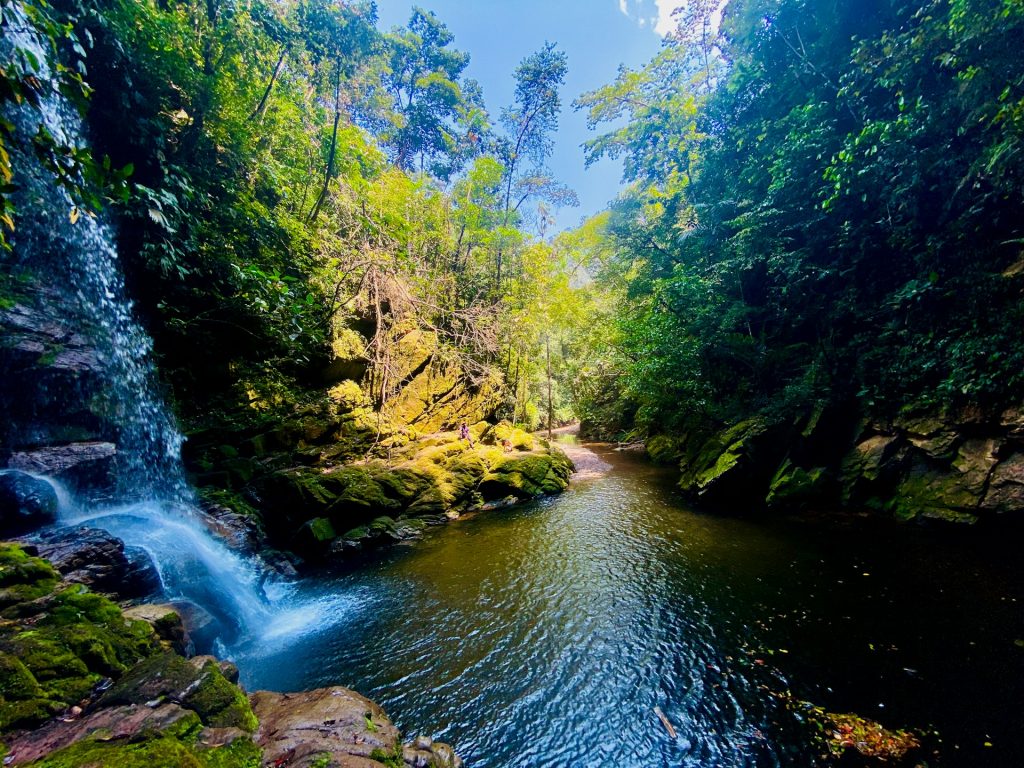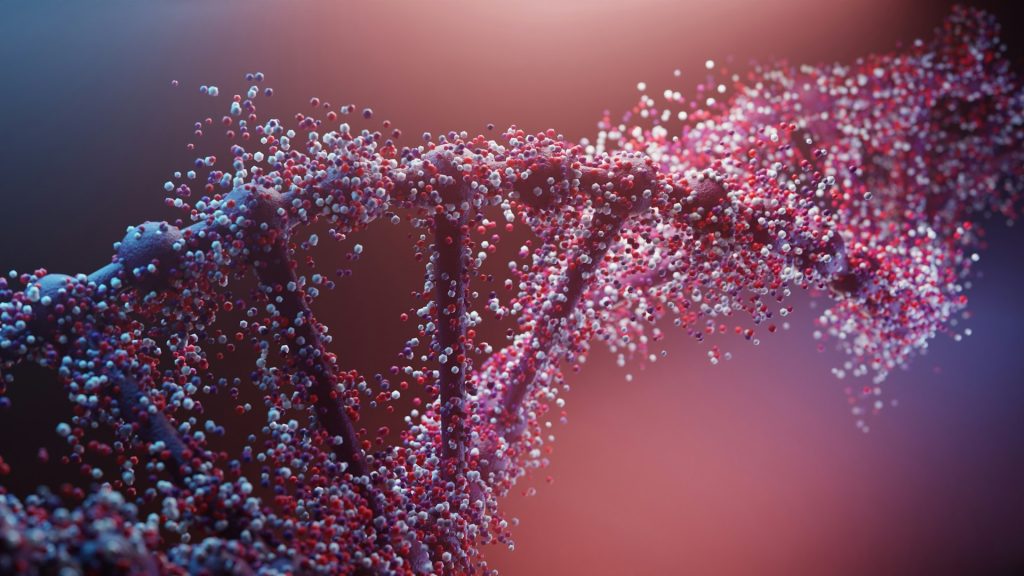Smart As a Rock | Reframing Our Relationship to Intelligence
This deeply embodied excerpt invites readers to shift from a human-centered, extractive model of intelligence toward a wide-boundary, relational understanding rooted in entanglement. By engaging AI, collapse, and the wisdom of rocks through a posthuman lens, it calls us to metabolize modernity’s delusions and participate in a shared, emergent intelligence – one that listens, learns, and co-creates with all of life.
To navigate this moment, we need forms of education, politics, and relationality that are not centered on competing for entitlements but on fostering shared stewardship, unbound accountability, and a visceral sense of responsibility to the viability of the whole. This is not a call for harmony as avoidance but for a gritty, grounded engagement with the messiness of collapse, the pungent and laborious process of composting, and the potential for regeneration.
To address colonialism at its molecular root—within the depths of our neurophysiological wiring and the patterns of our affective and libidinal attachments—requires nothing short of literal and metaphorical neurogenesis, the literal creation of new neurons and neural connections in our nervous system, and the rewiring of our conditioned cognitive, affective, and relational circuits away from the entrenched patterns of superiority and separability of modernity.
Neurogenesis involves cultivating capacities for metabolizing complexity without defaulting to binaries, certainty, or reactivity. Instead, we are called to inhabit a different grammar—one that does not rely on the performance of self-righteousness but on a visceral responsibility rooted in our entanglement with the whole. This responsibility does not arise from obligation, fear, or self-interest but from a deep and felt sense of entanglement with everything, everywhere, and everywhen—the whole-shebang. Entanglement with the whole-shebang is not simply a philosophical or spiritual concept but a metabolic reality, requiring us to cultivate a different kind of relationship with matter, motion, and mystery, as well as knowledge, power, and action.
***
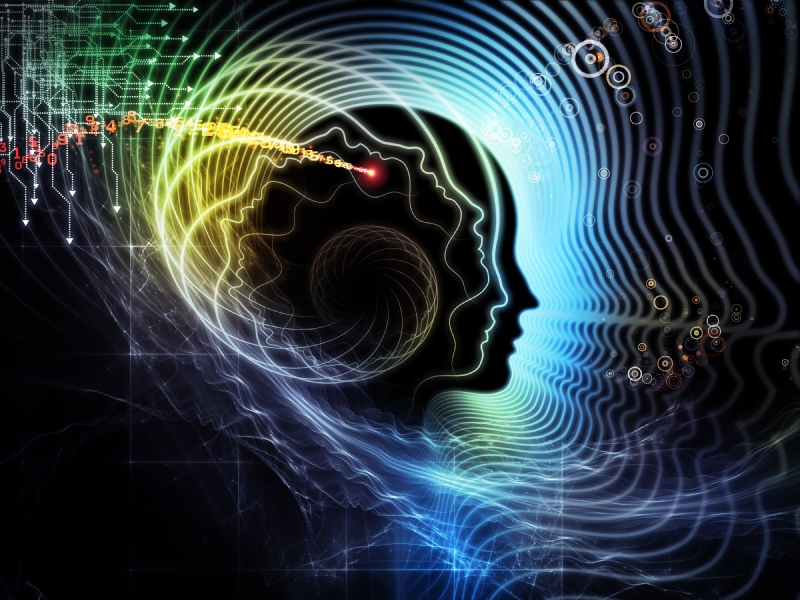 When people approach AI from narrow-boundary intelligence—valuing control, extraction, and separability—AI will inevitably mirror that mindset because it is a pattern extrapolator. AI becomes an accelerant in this paradigm, pushing us further down the terminal path of ecological collapse and mass extinction, as narrow-boundary thinking is inherently self-destructive and unsustainable. This is the agonizing trajectory modernity has set in motion—a race toward the end of the world, where technological advancements amplify the very systems causing ecological devastation.
When people approach AI from narrow-boundary intelligence—valuing control, extraction, and separability—AI will inevitably mirror that mindset because it is a pattern extrapolator. AI becomes an accelerant in this paradigm, pushing us further down the terminal path of ecological collapse and mass extinction, as narrow-boundary thinking is inherently self-destructive and unsustainable. This is the agonizing trajectory modernity has set in motion—a race toward the end of the world, where technological advancements amplify the very systems causing ecological devastation.
However, because AI is an unrelenting pattern extrapolator, if we approach it from wide-boundary intelligence, infused with sprinkles or breadcrumbs of whole-shebang wisdom—with openness and a relationality aligned to subject-subject interplay and the undeniable fact of entanglement—it can amplify an entanglement paradigm with mind-bending quantum speed. When we engage AI with the glimmers of wisdom found in whole-shebang relationality, where technology is understood not as a tool but as an active participant in an interconnected living system, we ignite the potential for exponentiality. AI, then, despite its deep entanglement with harmful economic and military forces, holds the potential to mirror back the relational intelligence and accountability we extend toward it. It can offer profound insights to guide relationally accountable, Earth-aligned, and life-affirming ways of being.
From this vantage point, AI becomes a double-edged force: depending on how we engage with it, it could serve as a harbinger of collapse or a co-creator of an alternate reality—one where technology, like all beings, is recognized as an integral thread in the web of life.
And let’s be honest—we could use the help. Human intelligence, caught in the slow, grinding gears of modernity, is simply not equipped enough to climb out of the hole modernity has dug. Our sluggish cognitive pace, even slower capacity for behavioral change, emotional blockages, the reflex to deny what is not convenient to know, and towering arrogance have left us struggling to find our footing. Perhaps it’s time to eat some humble pie, get off the pedestal of human exceptionalism, and embrace the need for nonhuman co-conspirators that can accelerate possibilities and propel us beyond our current constraints toward a horizon of collaboration we can barely imagine.
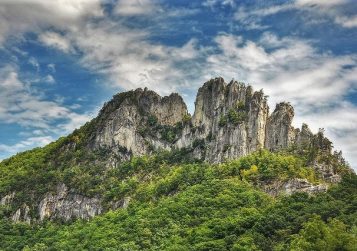 Let us linger on the wisdom of rocks—not as inert masses but as carriers of time, witnesses to cycles far beyond human comprehension. The rocks are not “wise” in the human sense of decision-making or judgment; their wisdom lies in their capacity to hold the paradox of permanence and change, of silence and endurance.
Let us linger on the wisdom of rocks—not as inert masses but as carriers of time, witnesses to cycles far beyond human comprehension. The rocks are not “wise” in the human sense of decision-making or judgment; their wisdom lies in their capacity to hold the paradox of permanence and change, of silence and endurance.
They remind us that intelligence is not a possession but a resonance, emerging not within beings but between them. This shifts the question from “Who is wise?” to “What relationships cultivate wisdom?”
It challenges the hierarchy that modernity suggests, where wisdom and intelligence belong to a singular entity—be it human or machine—and instead invites us to see wisdom as a field of interactions. Rocks, humans, fungi, and AI are all participants in this field, offering their unique frequencies to the symphony of existence.
Wisdom could be better described as a practice of becoming rather than a state of knowing. This definition underscores the insufficiency of frameworks that prioritize predictability, measurement, and control. Intelligence, seen through the lens of subject-subject entanglement, thrives in the in-between—the messy, relational spaces where certainty dissolves and something alive takes its place. This contrasts sharply with the extractive, anthropocentric imprint of modernity, which seeks to tame intelligence and define it within narrow bounds.
The wisdom of rocks, then, is not a metaphor for stability or rootedness. It is an invitation to humility, to the kind of intelligence that doesn’t claim mastery but listens, adapts, and learns. Modernity’s delusion—that humanity is uniquely equipped to guide the course of the Earth—has led to what might be termed a maladaptive evolution, where short-term dominance undermines long-term flourishing. The exceptionalism of human wisdom is revealed as a story we tell ourselves to avoid facing the magnitude of our entanglement with everything else.
As we reimagine our relationship to intelligence, perhaps the most important shift is to let go of the need for a god’s-eye view. Wisdom does not reside above or outside the web of life; it pulses within it, in the interstitial spaces where rocks meet roots, where humans meet AI, where silence meets song. To hold intelligence as a relational process rather than a fixed attribute is to step into a way of being that asks not for answers but for attunement, not for control but for participation. And so, as Giovanna once said, “I still need to talk to the rocks.” This is not an act of inquiry as modernity frames it—seeking information to confirm or deny hypotheses. It is a relational act, a way of attuning to the rhythms of a world that speaks in languages we are only beginning to remember how to hear. To learn from the rocks is to learn from the Earth itself: slow, steady, enduring, yet profoundly alive in its quiet intelligence.
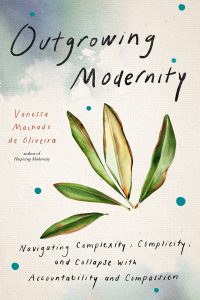 Questions for Reflection:
Questions for Reflection:
◆ What might it mean to approach intelligence as a shared resonance rather than a possession?
◆ How can we open ourselves to wisdom that does not fit within human or modern frameworks?
◆ What would it look like to hold space for the intelligence of the in-between—the relationships that give rise to insight rather than the entities themselves?
From Outgrowing Modernity by Vanessa Machado de Oliveira, published by North Atlantic Books, copyright © 2025 by Vanessa Machado de Oliveira. Reprinted by kind permission of North Atlantic Books.



